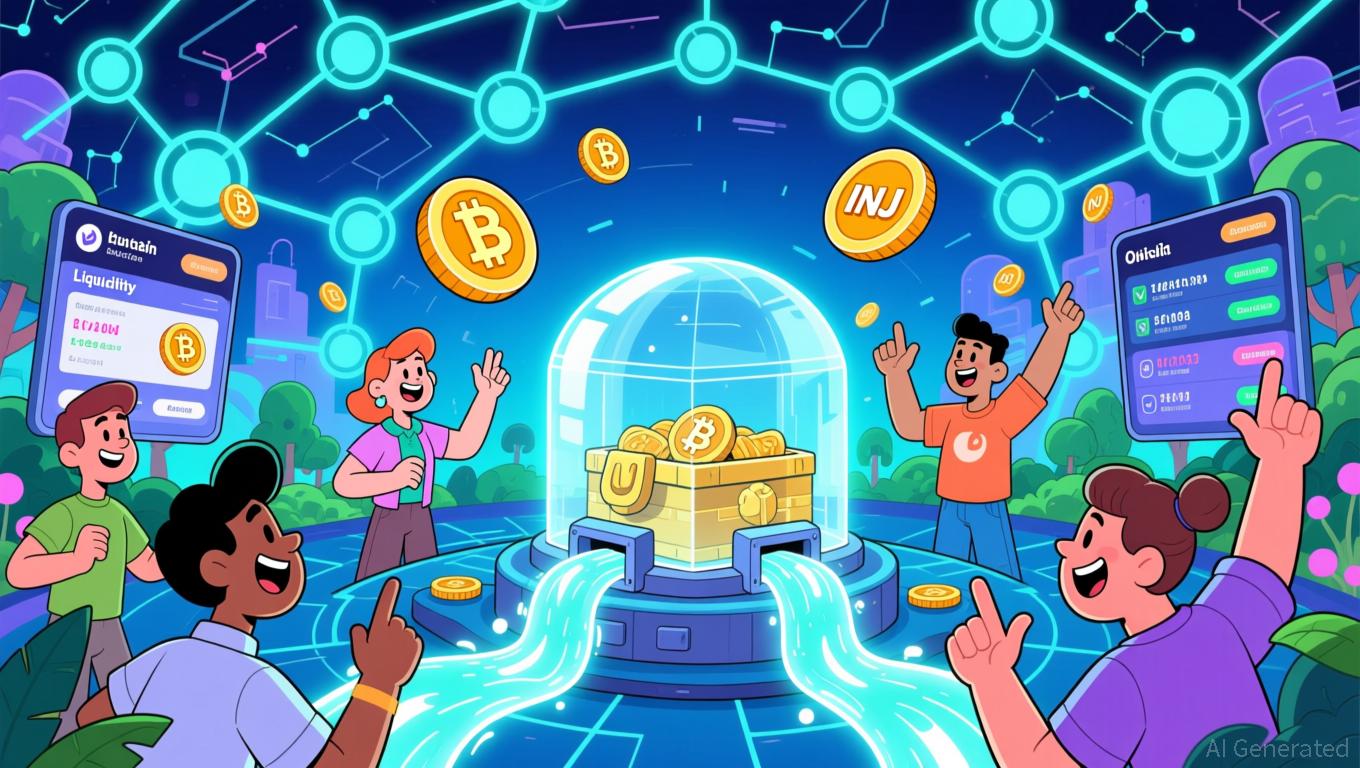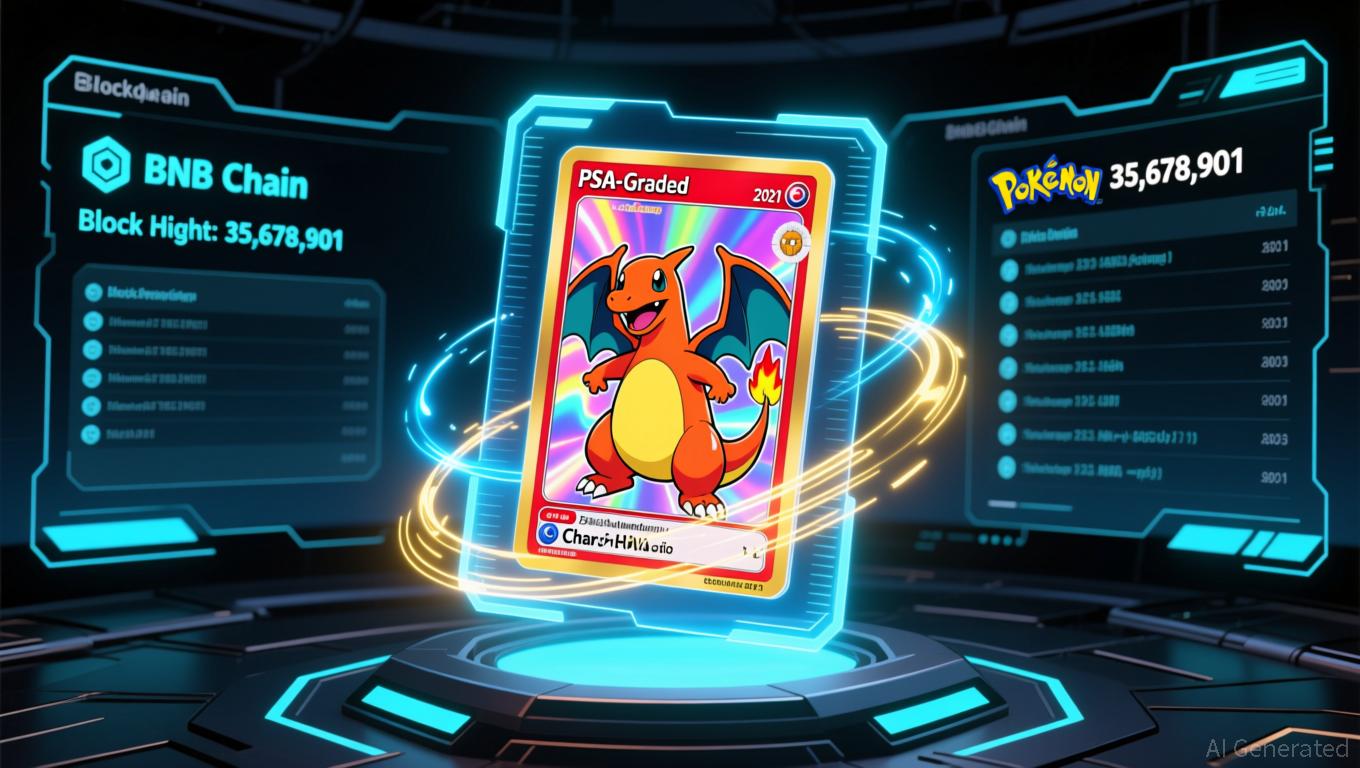Solana earns $2.85 billion as analysts compare growth to Ethereum
Solana (CRYPTO:SOL) recorded $2.85 billion in annual revenue over the past year, according to a recent report by Swiss asset manager 21Shares, marking one of the network’s strongest financial years as it expands its ecosystem across decentralised finance (DeFi), artificial intelligence (AI), and trading platforms.
Based on the data from 21Shares, Solana averaged roughly $240 million in monthly revenue between October 2024 and September 2025, with a peak of $616 million in January during a surge in memecoin trading, led by tokens such as Official Trump (CRYPTO:TRUMP).
Even after the hype around memecoins declined, Solana maintained a stable performance, generating between $150 million and $250 million in monthly revenue.
“Solana’s consistent revenue stream highlights the network’s growing role in institutional and retail blockchain activity,” according to 21Shares.
Revenue on the Solana network primarily comes from validator fees across multiple sectors, including DeFi protocols, AI-powered applications, decentralised exchanges, DePIN projects, launchpads, and trading tools.
Trading platforms remain the leading contributors, accounting for about 39% or $1.12 billion of total revenue.
Applications such as Photon and Axiom were among the most active drivers within this category.
The report compared Solana’s progress with Ethereum’s early development, noting that five years after its launch, Ethereum was generating less than $10 million per month.
In contrast, Solana’s monthly revenue now stands at 20 to 30 times higher.
21Shares explained that Solana’s efficiency, scalability, and relatively low transaction costs have attracted between 1.2 million and 1.5 million daily active addresses, which is approximately three times more than Ethereum had at the same stage of growth.
The report also highlighted the rising number of Solana treasury companies.
Leading holders include Forward Industries with 6.82 million SOL, followed by Sharps Technology with 2.14 million SOL.
At the time of reporting, the Solana price was $220.33.
Disclaimer: The content of this article solely reflects the author's opinion and does not represent the platform in any capacity. This article is not intended to serve as a reference for making investment decisions.
You may also like
Injective’s DeFi repurchase strategies reflect the confidence-building actions commonly seen in traditional financial markets
- Injective Protocol (INJ) will launch community buybacks starting Nov 16, funded by treasury reserves to reward long-term tokenholders. - The move mirrors traditional market trends like Niagen's $10M buyback and New Mexico's 30-year dividend streak to stabilize investor confidence. - On-chain auctions will ensure transparency, aligning with DeFi's recovery from regulatory uncertainties and CNB

Zcash Latest Updates: ZEC Shorts Reduced by $8M, Yet a $21M Deficit Threatens on Hyperliquid
- Hyperliquid's largest ZEC short reduced $8M exposure but still faces $21.75M unrealized losses amid volatile price swings. - ZEC short liquidations hit $17.91M as 25% price surge triggered broader $327M market liquidations in 12 hours. - The position's liquidation price rose to $1,111 while maintaining 245% floating losses on $74.35M leveraged exposure. - The strategy mirrors a $25M POPCAT token manipulation case, highlighting risks of liquidity imbalances on crypto derivatives platforms. - ZEC's $22.29M
PENGU USDT Sell Alert and What It Means for Stablecoin Approaches
- Stablecoin market growth to $4 trillion by 2030 faces risks exposed by 2023-2025 de-pegging events, highlighted by PENGU's volatile performance. - PENGU's 12.8% November 2025 surge masked structural weaknesses shown through Fibonacci levels, weak OBV/MACD metrics, and conflicting on-chain flows. - UST/LUNA and USDC/SVB collapses forced institutions to adopt predictive analytics and automated risk monitoring for stablecoin-linked assets. - Regulatory frameworks like EU MiCA aim to prevent opaque stablecoi
BNB News Today: BNB Chain Integrates Classic Collectibles and Blockchain Through Tokenized Charizard Cards
- BNB Chain's SuperSuperRare launches a Gacha Point Leaderboard, tokenizing a PSA-graded Charizard Pokémon card as RWA. - Users can repurchase, trade, or redeem physical cards, bridging traditional collectibles with blockchain utility via FMV-based rankings. - Binance's partnership with BlackRock to tokenize U.S. Treasuries expands RWA adoption, enabling yield generation on custodied assets. - Collaborations like mXRP and institutional yield tools highlight BNB Chain's strategy to merge traditional and dec

